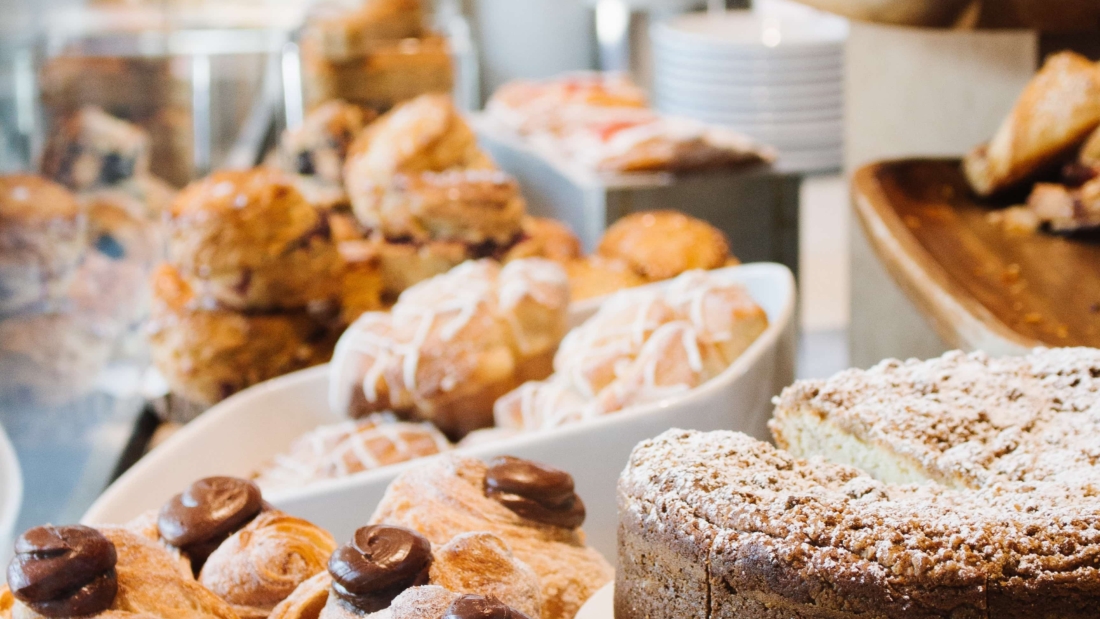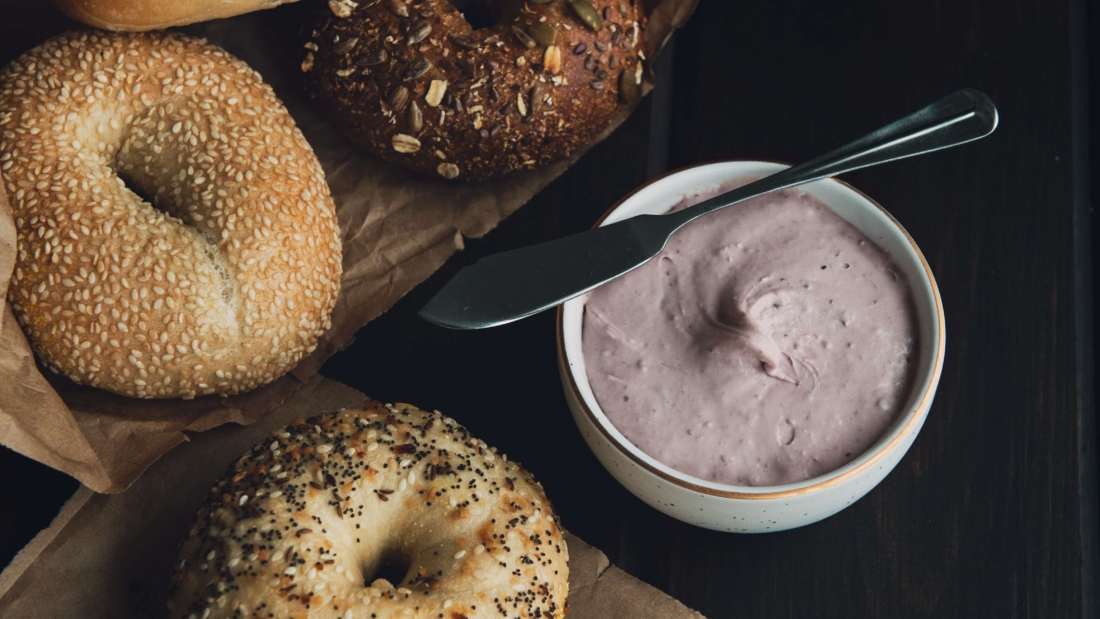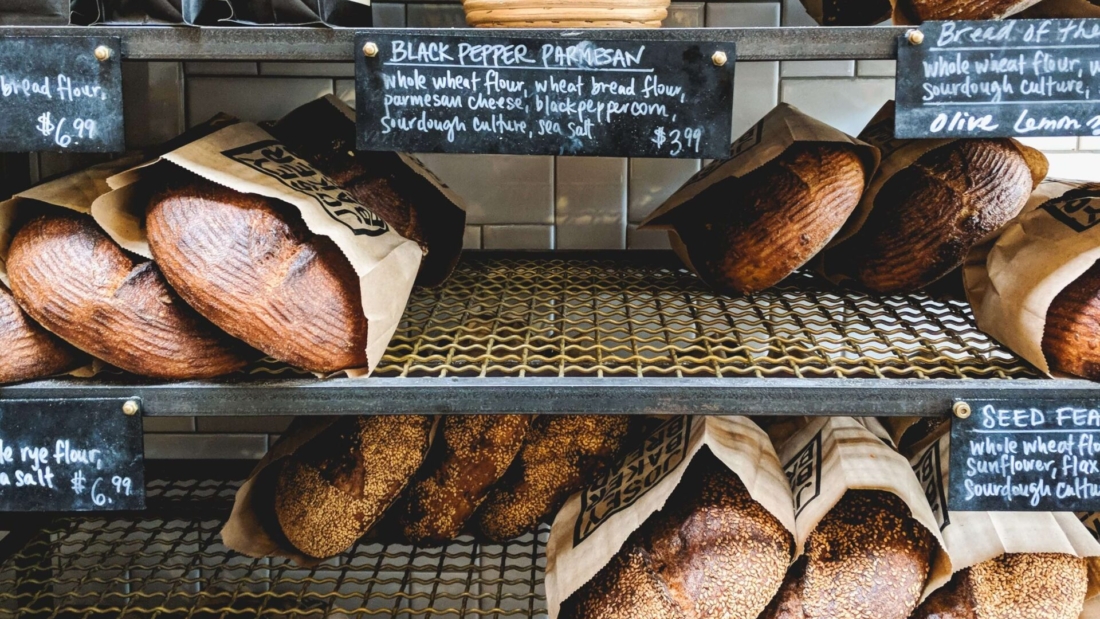The cannabis-infused edibles movement continues to grow as more states legalize it for medicinal and recreational use. A huge part of that rise can be attributed to innovation in products infused with THC.
A variety of beverage producers are now even infusing THC into sodas, tea, functional drinks, and alcohol. Many of these beverages are made with extracted oil, while some producers use activated ground cannabis or tinctures. Typically, the THC content in infused beverages can range anywhere from small doses of 2.5 milligrams to as much as 100 milligrams per container.
With the rapid growth of the infused beverage market, many companies are beginning to explore opportunities within the market. Beverage producers are required to adapt to changing consumer preferences in order to thrive among their competition, and with the increasing popularity of cannabis beverages, these companies are adding cannabis-based operations.
“Established big-brand food and beverage companies are beginning to take notice of the cannabis edibles market and this is likely just the tip of the iceberg,” says Troy Dayton, Chief Executive Officer of Arcview Market Research. “As the edibles business grows and regulatory fears ease, the pace of intra-industry mergers and outside acquisitions will increase as well.”
Having been around for a decade in Colorado, cannabis bakery Love’s Oven is seen not only as top edible producer, but also as a leader in innovation. The company produces a beverage called Legal, which comes in four flavors (Rainier Cherry, Lemon Ginger, Pomegranate, Cranberry) and is an all-natural, fruit-based beverage. It was created by Mirth Provisions, a company out of Washington state, but Love’s Oven is the Colorado manufacturer of this beverage that is unique to the cannabis market.
Mirth Provisions has also introduced three lemonade flavors: Original, Blackberry, and Rainier Cherry. Each beverage is all-natural and contains 100 milligrams of THC.








